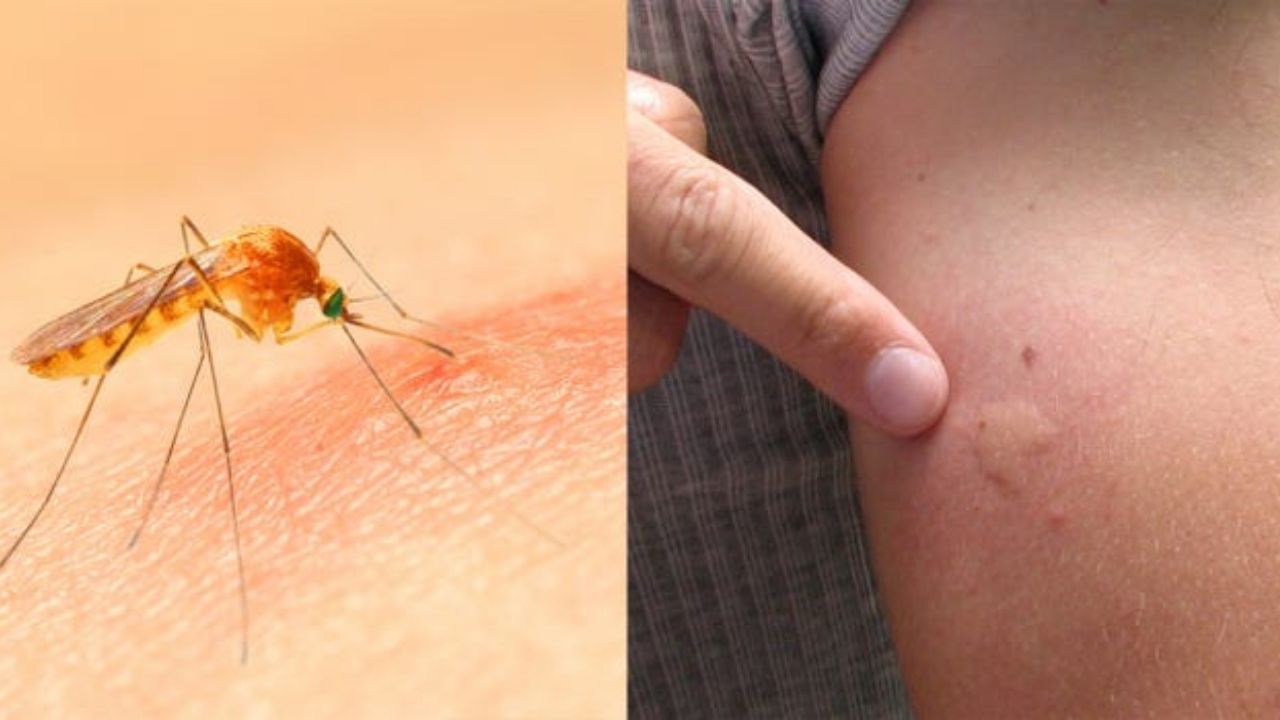CHANDIGARH
According to a research study, if an insect bites or stings you, either you will feel pain or spot a red spot on your skin. Symptoms include swelling, rashes, skin discolouration etc. Additionally, pain, swelling, numbness or tingling are some other symptoms.
People having sensitive skin accompanies the following signs when the insect bites them:
- Swollen glands
- High fever
- Flu-like symptoms, etc.
In severe reactions, symptoms may include shortness of breath or muscle spasms, confusion, disorientation, swelling of the lips, loss of consciousness, nausea and vomiting. If you feel anything like this then you need immediate medical attention.
Here are some measures that can help you prevent insect stings. These may not provide complete protection, however, they can reduce the risk of insect bites to some extent.
- Using insect repellent is likely to protect you from bites and stings. It is easily available in the form of creams or gel spray in the markets.
- Repellents consisting of oil and lemon work effectively against mosquitoes, bugs, and other insects. Ensure that you use the spray on your clothes. Choose organic or natural repellents to avoid irritation or uneasiness.
- You can buy apparel, footwear and necessary equipment that will give you complete protection from insect bites while opting for activities like hiking and camping.
- While going to insect-infested places, follow the necessary measures. Wear long sleeves and pants, tucked into shoes or socks.
- Keep away from mosquito breeding places, such as swimming pools or ponds. Instead, accumulated, stagnant water from pots, buckets, etc
- When you are in tick-infested areas, prioritise the centre of the trails. Avoid green areas as mosquitoes or other insects avail.
- Check your baby every few hours for any signs of ticks. Mostly they bite behind the ears, on the scalp, on the neck, under the armpits and behind the knees.
- It’s also a good idea to monitor your pets, especially during monsoons. Tick infestations are more common during monsoons to protect them from tick bites.
- Attach structural barriers such as mosquito nets.
- Avoid going in grassy and dense areas.
- Make sure your dustbin is closed properly.
- Wear long gloves while gardening.
- Spiders and insects mostly hide behind piles of wood, corner furniture and attics. So clean your house properly.
- Regular pest control for your home is required along with the regular change of bedding to reduce the chances of bug bites.

 हिंदी
हिंदी






